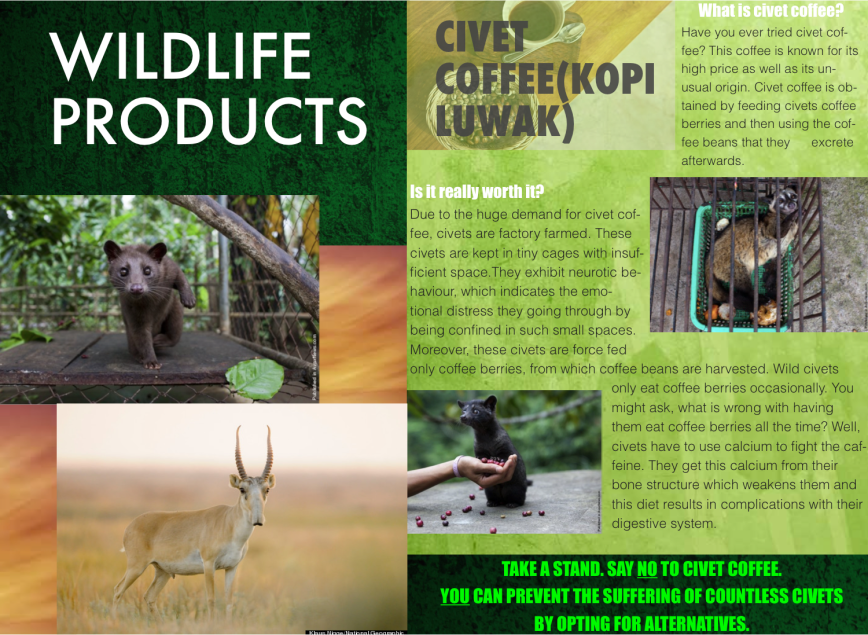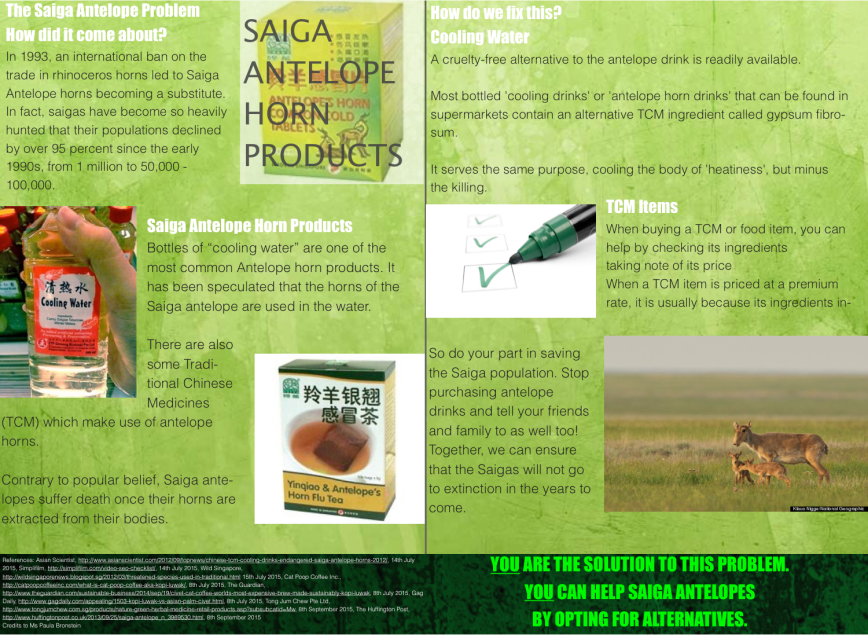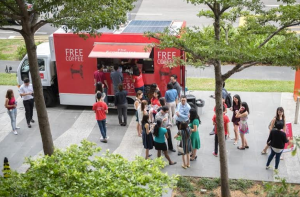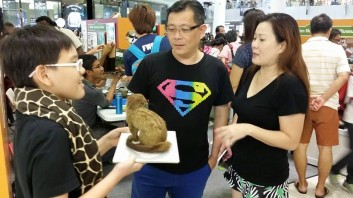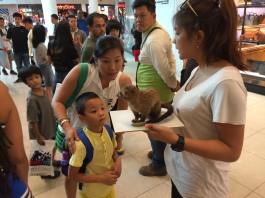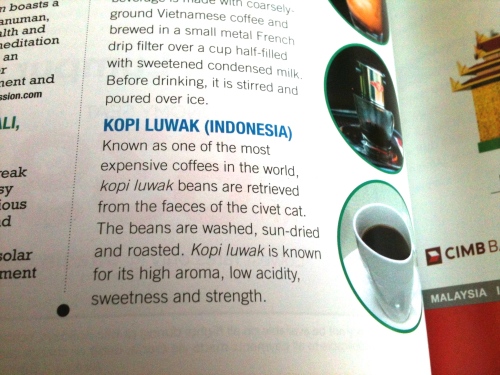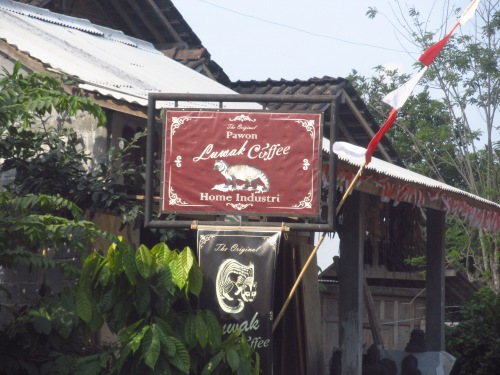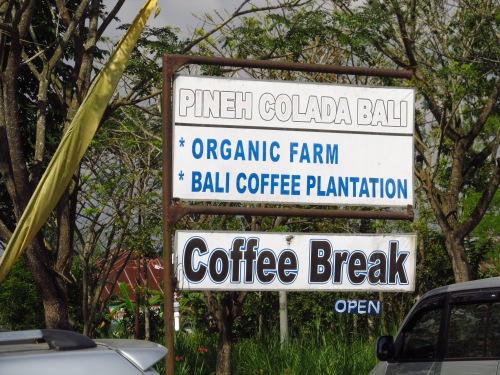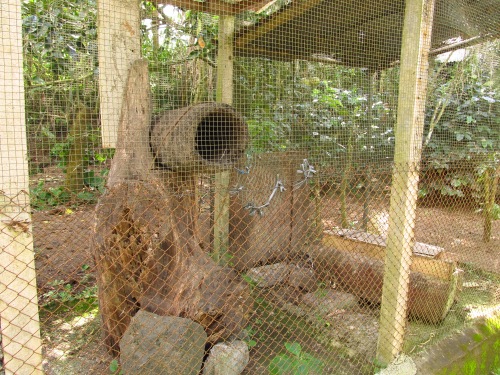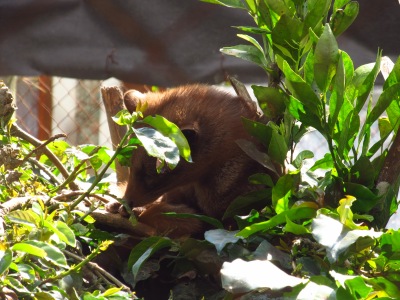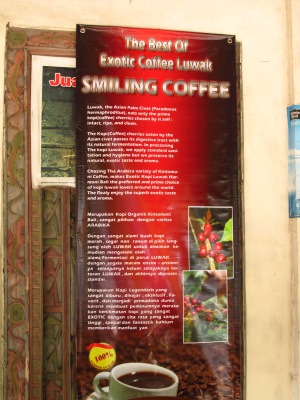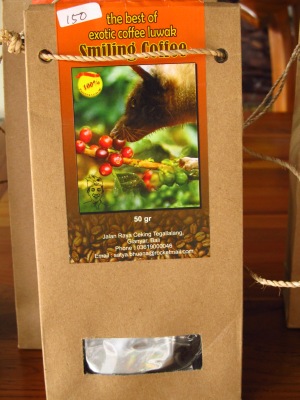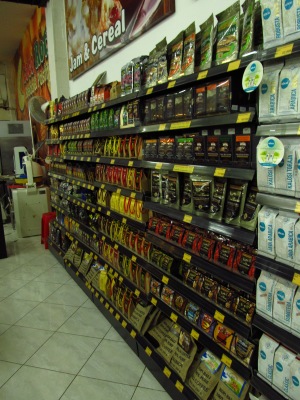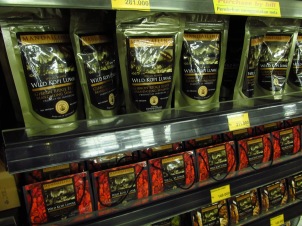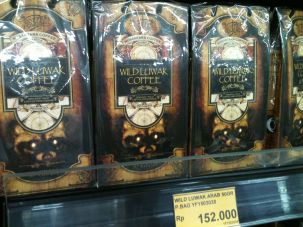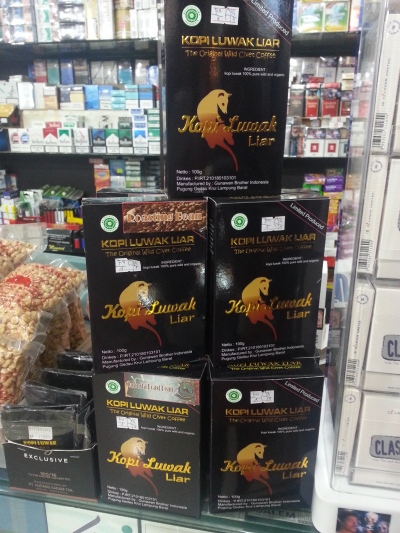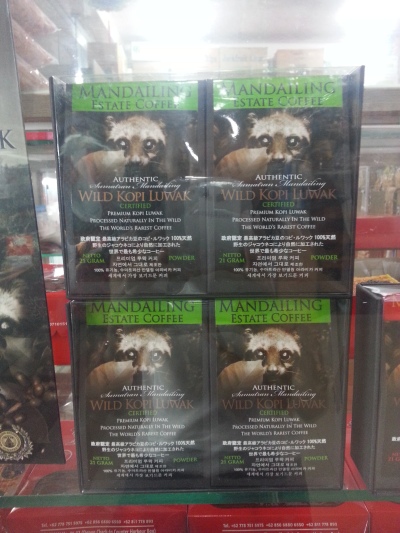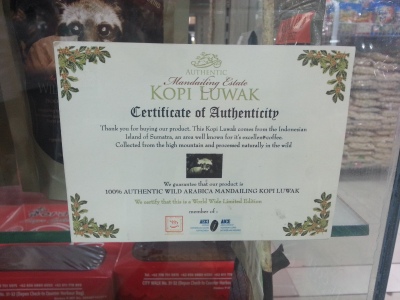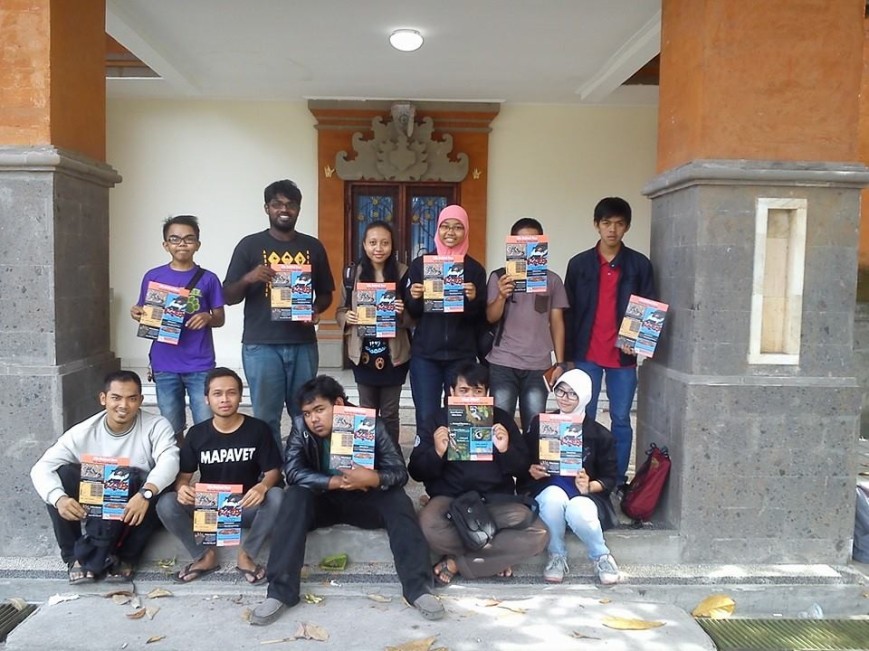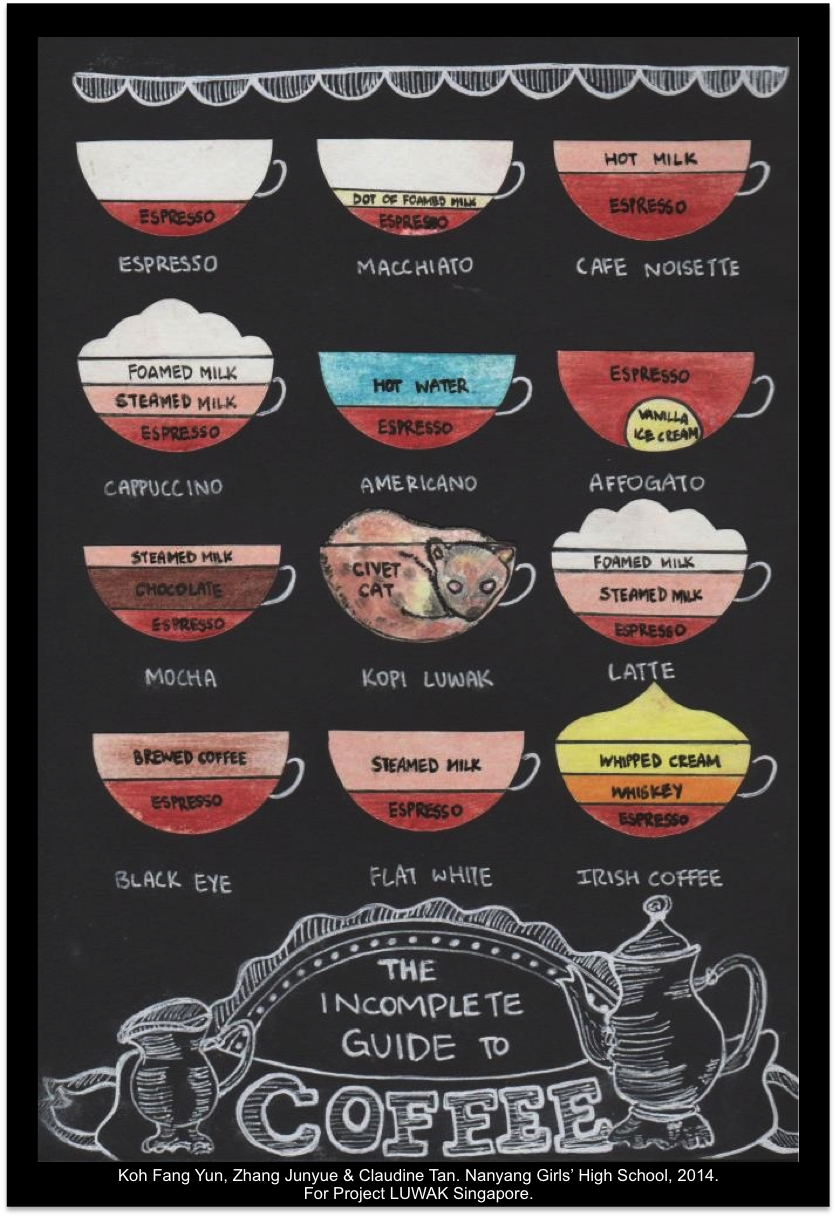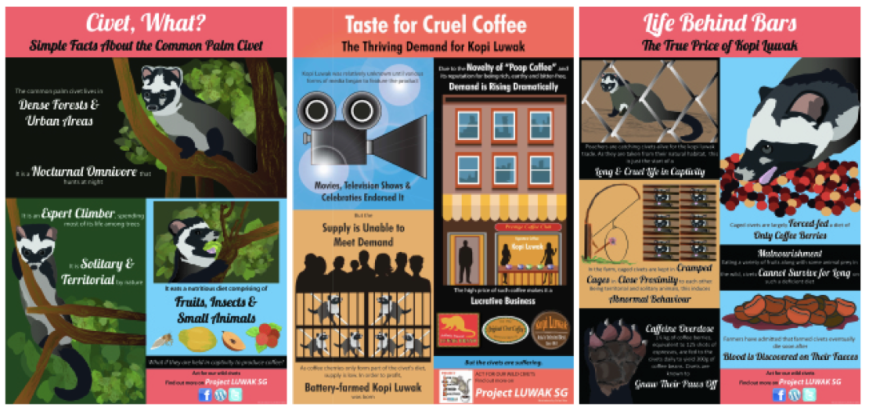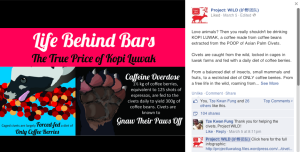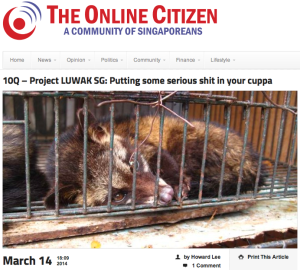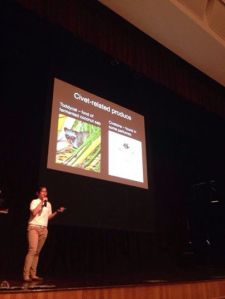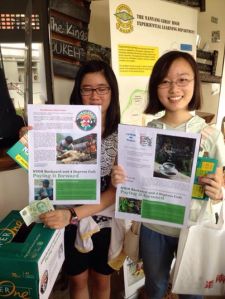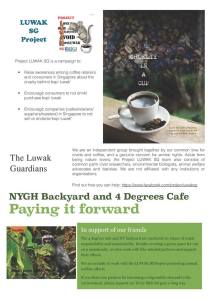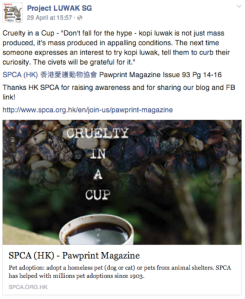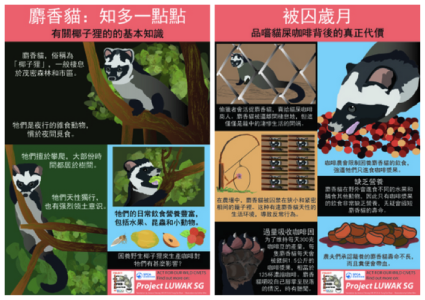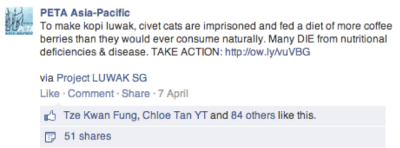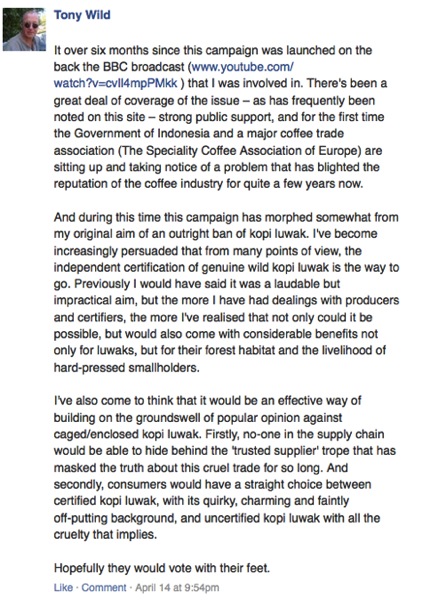By Fahmi Samsuri
No other beverage has a broader worldwide appeal, but coffee. Coffee is in fact the second most traded commodity in the world, so it is succinct to say that this is a big, big industry. Having been in the coffee industry for about 4 years, as a barista, trainer and roaster. From my milk stained glasses, I can see that interest in this wonderful, crazy world of coffee is ever increasing.
Standing from a privileged point of view; being able to interact and educate (both ways) coffee fiends regarding the myriad of coffees available and how to best brew them. Every so often, questions about kopi luwak pops up.
“Have you tried kopi luwak?”
“What do you think of that cat poo coffee?”
“Is civet cat coffee really worth the money?”
Even before being part of Project Luwak SG, my answers generally lean towards asking them to stay away from the hype and to save their money for coffee that is more value for money (subjective I know, but let me explain in a bit).
“Oo.. yeah. Tried that, only cause someone got in a sample for us to try for FREE. No way would I spend my money on that. I am a bit of a cheapo, even $5 for a latte is expensive to me! Why do you think I became a barista? Jokes aside, I am of the opinion that it is massively overpriced for a cup of coffee that does not provide me with the satisfaction a $6 specially brewed coffee sourced from a farm that strives to take care of its harvest, environment and people.”
I try not to go overboard, reckon they wont appreciate a lecture from a hipster barista (you guys view us in that light dont you! =p) for a seemingly innocuous question. Having said all these, I can understand the lure of kopi luwak, it bodes well with the palates of Singaporeans generally as we mostly grew up drinking bold, strong coffee. Thus, the taste from kopi luwak can be deemed desirable as it does not give off any of those “acidic traits” from specialty coffee and especially those served in most new cafes nowadays. However, I am still firm on the view that kopi luwak is of an excessive indulgence, and for the same money, you can buy yourself 20 kopi pengs from our kopitiams (support local!!).
Countries like Indonesia truly produces amazing coffees from regions like Sumatra Mandheling, Sulawesi Toraja and how can one miss out Bali Kintamani. These coffees my friend, are perfect for those who want an exquisite, mind bogglingly yummy taste without the much maligned acidity associated with coffees from countries such as Ethiopia or Kenya. Do not get me wrong though, I love fruity, acidic coffee as I personally have a penchant for sour foods. So here comes my point that yes, coffee taste and preference is subjective indeed, but the world is full of amazing coffees we have not tried yet. Friends, I urge you to spend the money on discovering the wonderful variety of coffees out there, instead of splurging it on kopi luwak. The civets (and your conscience) will love you for this.
